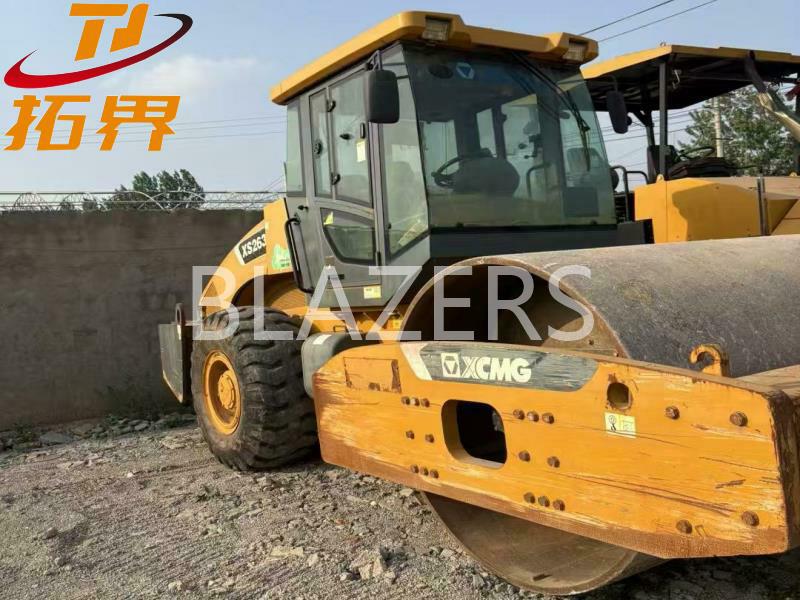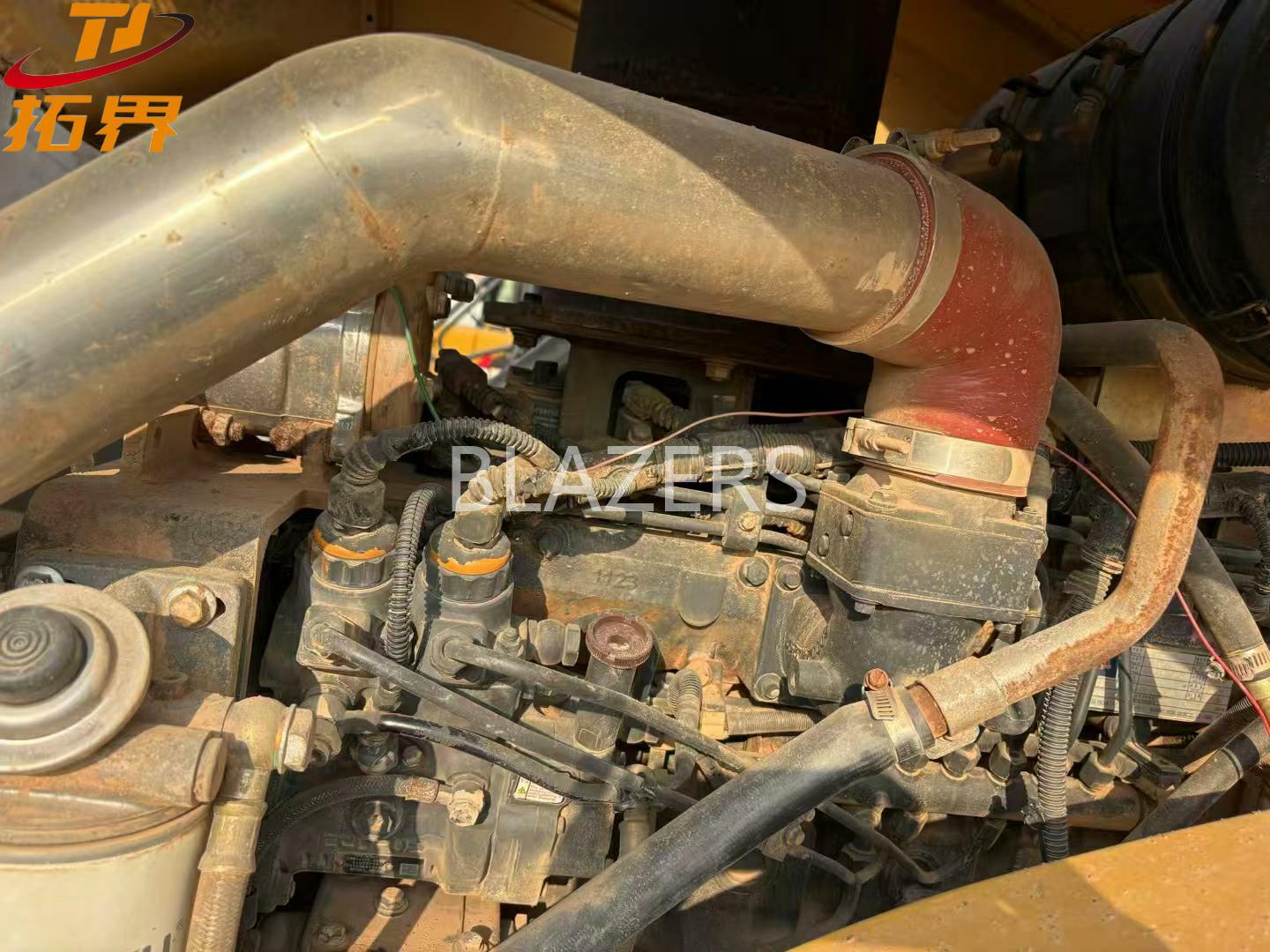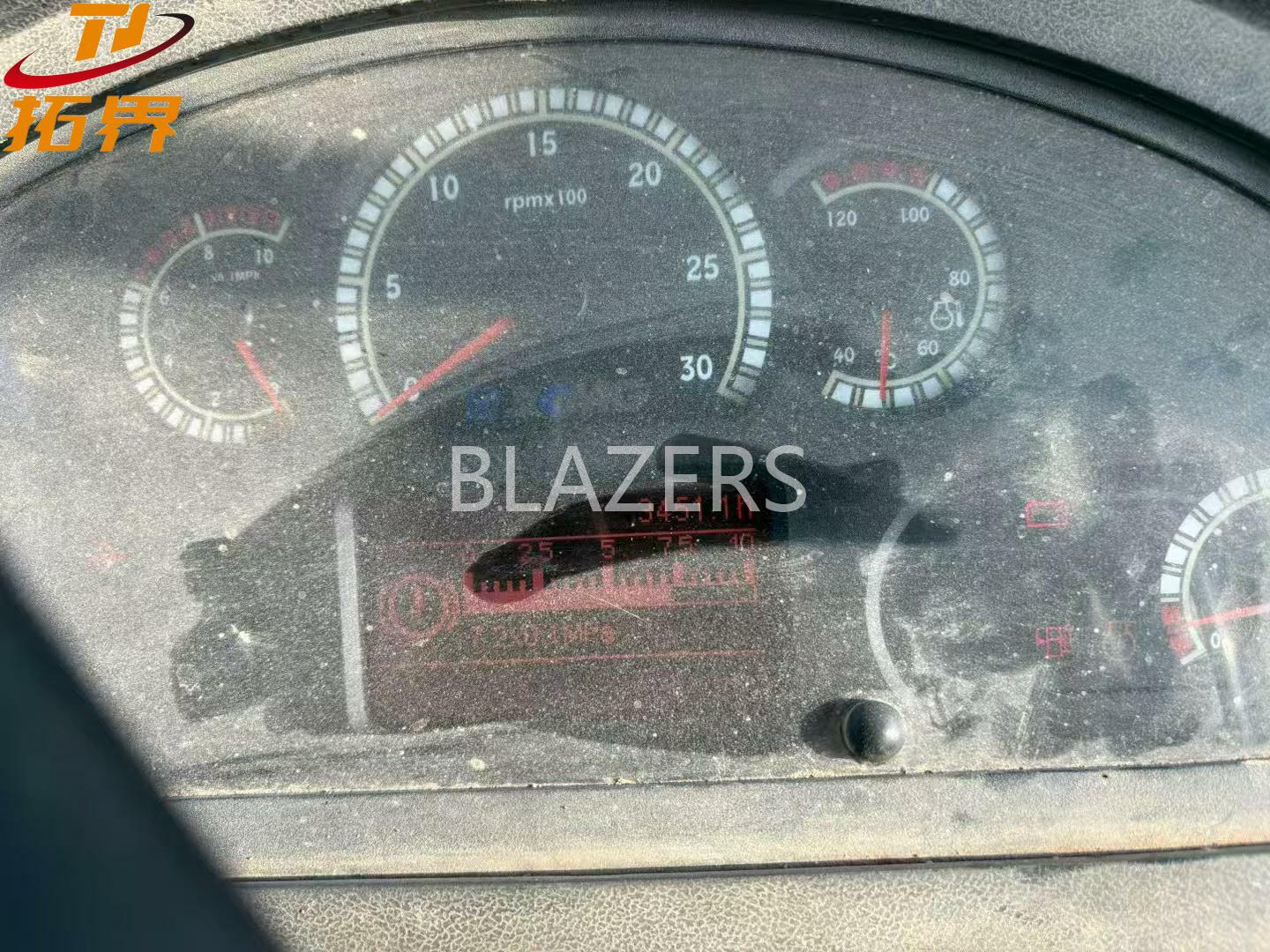A road roller is a core equipment in civil engineering. It efficiently compacts soil and asphalt pavement bases through the vibration of its steel wheels, ensuring that the foundation of the project can remain stable for a long time.
About high-performance XCMG XS223J large-scale road roller
Narrate
In 2017, the XG223J road roller of XCMG was equipped with a customized low-noise diesel engine. The idle speed was stable without any abnormal vibrations. The fully enclosed hydraulic system was very good. The double steel wheel eccentric blocks showed no signs of rust, and the paint surface of the frame retained over 65% of the original factory coating. No structural repair was found on the walking frame. The instrument panel in the driver's cab functioned well. After a thorough assessment, the equipment could be immediately put into high-grade road compaction operations.

Quality comes first, stemming from the respect for the life of construction machinery.
We understand that the value of an operating construction machinery is not in its brand-new paint job, but in the reliability deep within its structure. Therefore, our refurbishment process adheres to the principle of "necessary intervention": we never replace the original hydraulic pipes that can still safely operate, we do not weld and repair to cover up structural fatigue, and we never replace the core original components with cheap aftermarket parts. Every refurbishment decision is based on the analysis of the equipment's full life cycle data by the engineering team, only to extend the inherent vitality of the machinery.

XCMG XS223J Specificaion
Operating weight: 22,000kg
Drum dimensions: 1,400×2,150mm
Minimum ground clearance: 280mm
Engine: Yuchai YC6B125-T31
Rated power: 92kW @ 2200rpm
Peak torque:580N·m @ 1600rpm
Dust removal fan speed: ≥2500rpm
Frequency: 35Hz | 28Hz
Amplitude: 0.9mm | 1.7mm
Centrifugal force: 280kN | 320kN
Gradeability: ≥42%
Turning radius: Outer edge ≤6.3m
Tank capacity: Fuel tank 260L

Daily Maintenance Checklist for Road Roller
1. Check Fluid Levels & FuelInspect engine oil, hydraulic oil, transmission oil, and coolant levels (using dipstick or sight glass); fuel tank level. In hot weather (like current summer), coolant inspection is particularly critical to prevent engine overheating and shutdown.
2. Inspect Filters & Air Intake System
Check the cleanliness of air filter, fuel filter, and hydraulic oil filter; inspect air intake system for blockages. Lightly tap the air filter to remove dust (replace if severely dirty); ensure the filter element is undamaged. This step prevents contaminants from entering the engine, reducing 80% of early wear risk. At dusty construction sites (e.g., roadwork), daily air filter cleaning significantly enhances equipment efficiency.
3. Inspect Ground Contact Components & Brakes
Check tire/steel wheel pressure and wear (using tire pressure gauge); brake fluid level and braking performance (test by pedal depression); tightness of steel wheel or tire bolts. Daily inspections identify potential issues (e.g., loose bolts), preventing downtime repair costs.
4. Clean Machine & Check Fasteners
Remove mud, asphalt residue, and water stains from the roller’s surface; inspect critical fasteners (e.g., engine mounts, roller connection bolts). Clean with a soft brush or low-pressure water jet to avoid damaging electrical components. Post-cleaning, a tidy appearance improves heat dissipation. During rainy seasons, cleaning prevents corrosion, extending equipment life by 5+ years.
5. Operational Test
Start the equipment; check dashboard indicators (e.g., oil pressure, battery voltage); listen for abnormal noises/vibrations; test steering and compaction functions. Limit runtime to 2–3 minutes; stop immediately for troubleshooting if warning lights activate. Daily tests enable early fault detection (e.g., hydraulic system noise), reducing 30% of unexpected repair costs.